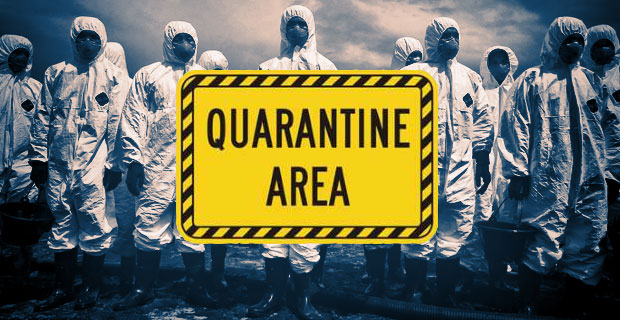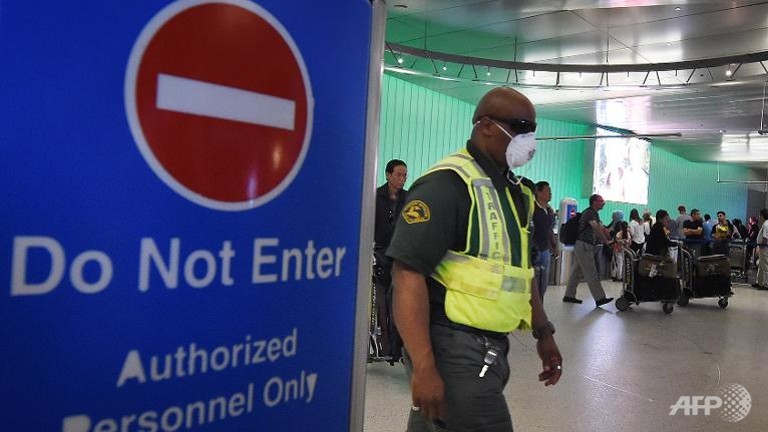World News – In the fight against Ebola some government officials in the U.S. are now managing fear, not the virus. Quarantines have been declared in New York, New Jersey and Illinois. In Connecticut, nine people are in quarantine: two students at Yale; a worker from AmeriCARES; and a West African family.
 Many others are or soon will be.
Many others are or soon will be.
Quarantining those who do not have symptoms is not the way to combat Ebola. In fact it will only make matters worse. Far worse. Why?
1. Quarantining people without symptoms makes no scientific sense.
They are not infectious. The only way to get Ebola is to have someone vomit on you, bleed on you, share spit with you, have sex with you or get fecal matter on you when they have a high viral load.
How do we know this?
Because there is data going back to 1975 from outbreaks in the Congo, Uganda, Sudan, Gabon, Ivory Coast, South Africa, not to mention current experience in the United States, Spain and other nations.
2. Quarantine is next to impossible to enforce.
If you don’t want to stay in your home or wherever you are supposed to stay for three weeks, then what? Do we shoot you, Taser you, drag you back into your house in a protective suit, or what?
And who is responsible for watching you 24-7? Quarantine relies on the honor system. That essentially is what we count on when we tell people with symptoms to call 911 or the health department.
3. Quarantine is likely to be challenged in court.
And those challenging it are likely to win. Science does not support it.
4. Large-scale quarantine has not been thought through, in terms of making it bearable for those confined.
If government does not make it tolerable — and they show no signs of doing so, other than succeeding in stigmatizing people who are not dangerous — then people will not honor quarantine.
5. Health care workers who take care of those who really do have Ebola at big hospitals, such as Bellevue or Emory, are at the greatest risk.
If you quarantine them you are taking your best professionals offline for three weeks — and there are not a lot of replacements.
6. Who will volunteer to go to West Africa to stamp out the epidemic, if they know they face three weeks of confinement upon their return?
Those who go are heroes who face hell on earth. Can’t they be trusted to do the right thing and self-monitor when they get back?
7. When officials respond to panic with quarantine they basically say they can’t trust public health officials, science and the ethics of doctors and nurses.
There is no substitute for that trust. None. If state and city officials undermine trust out of panic or politics, then they destroy the best weapon we have to control Ebola — good science implemented by heroes.
8. It may be too late to reverse the leap to quarantine for those politicians deem at risk.
But it is a leap into an unknown that we are likely to come to regret.
By ARTHUR CAPLAN, NBCNews.com
Arthur L. Caplan, Ph.D., is the Drs. William F. and Virginia Connolly Mitty Professor and founding head of the Division of Bioethics at New York University Langone Medical Center. He is the author or editor of 32 books, most recently “Contemporary Debates in Bioethics” and “Ethics in Mental Healthcare: A Reader.”

